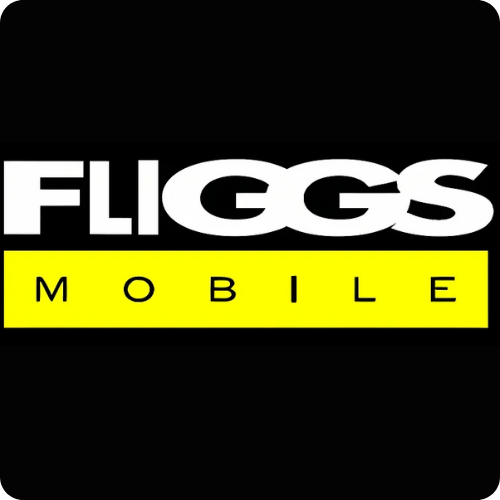
Liithos
Liithos is a AAA gaming and entertainment studio founded by high-profile industry veterans, including former PlayStation executive Michael Mumbauer and John Garvin, the creative director and writer known for blockbuster titles including Days Gone and Syphon Filter. The studio develops narrative-driven, transmedia intellectual properties that merge compelling storytelling with the capabilities of Web3 technology.
The studio’s debut project is Ashfall, a post-apocalyptic open-world game set in the Pacific Northwest. It is designed to begin as a single-player, story-focused experience that will later evolve to include multiplayer PvP and PvE elements. Liithos has chosen the Hedera network as the foundational public ledger for Ashfall and its future projects. This integration will power the game's economy, allowing players to truly own their in-game assets—such as weapons, gear, and cosmetics—as digital collectibles.
Supported by The HBAR Foundation, Liithos emphasizes that its approach is not "play-to-earn" but "play-and-own," focusing on enhancing the core AAA gaming experience rather than financial speculation.
Project Information
Related Projects

Fliggs Mobile is a digital-first, Web3-enabled mobile virtual network operator (MVNO) that aims to bridge the gap between telecommunications and financial services. Its core service is providing flexible, no-contract mobile plans that run on T-Mobile's nationwide 5G network. These plans, managed entirely through the Fliggs Mobile app, include features such as eSIM activation, international roaming passes, and data boosters.
It also features Web3 integration features including a non-custodial digital wallet built into the app. This wallet enables a loyalty program that rewards users with monthly cashback in Bitcoin or USDC on their service fees.
Fliggs Mobile is built on Hedera's distributed ledger technology, which is used to issue a Decentralised ID (DID) to every user upon activation. This gives customers sovereign control over their digital identity and personal data. The non-custodial wallet also leverages Hedera for its security and functionality, enabling secure cryptocurrency payments and the management of rewards. This integration is supported by The Hashgraph Association, which has provided both funding and technical support to pioneer this convergence of telecom services and decentralised technology.
.png)
Neuron is a London-based company founded in 2019 that is building decentralised infrastructure for machine-to-machine (M2M) commerce. The company's vision is to create a secure and transparent ecosystem where autonomous devices, such as drones and AI agents, can directly discover, connect, and transact with each other without the need for centralised intermediaries.
Neuron's core product is a decentralised service network (DSN). This infrastructure includes a lightweight software development kit (SDK) that allows any machine, from a cloud server to a low-power device, to be onboarded as a "node." The platform also features an Explorer for nodes to discover each other, a Validator network to enforce service level agreements and machine reputation, and a system for automated, token-based payments. A primary use case is 4DSKY, a decentralized air traffic management system for drones, which has been successfully trialed with the UK government.
Neuron's entire platform is built on the Hedera network. It utilises Hedera's fast, secure, and low-cost distributed ledger technology as the foundational trust layer for its DSN. Specifically, Neuron uses Hedera's Consensus and Token Services for several key functions: to log and timestamp flight data from drones, to enable secure M2M payments.

GETSEEN is a Web3 social application that provides creators with tools to monetise their content and build dedicated communities. Its platform is designed to shift the power dynamic from traditional social media networks to the creators themselves, allowing them to establish their own digital economies.
The core service of GETSEEN is a no-code platform that enables creators to turn their content into Non-Fungible Tokens (NFTs) and launch their own social tokens. These tools allow creators to build token-gated communities, offering exclusive content and experiences to their most loyal fans. The platform also includes features for creating and managing decentralised autonomous organizations (DAOs), giving communities a direct say in the creator's projects and future direction. This suite of services provides a comprehensive solution for creators to engage with their audience and build sustainable, independent careers.
The GETSEEN platform is built entirely on the Hedera network. It utilises the Hedera Token Service (HTS) for the minting and management of all NFTs and social tokens, taking advantage of the network's low, predictable fees and fast transaction finality.

HashGuild is an inclusive NFT infrastructure project built on Hedera Hashgraph, serving as both a marketplace and launchpad that allows creators and collectors to mint, buy, sell, and earn rewards on Hedera-based NFTs. It emphasizes community-driven development, users can propose and vote on features, and aims to provide accessible tooling and governance-enabled services tailored to the needs of Hedera’s NFT ecosystem.
